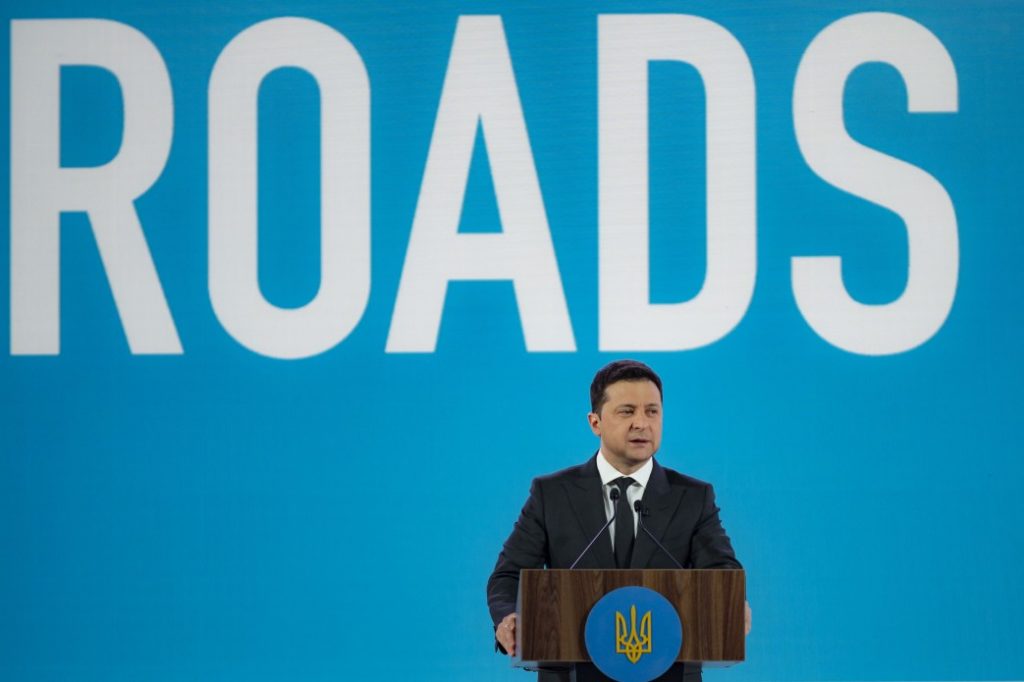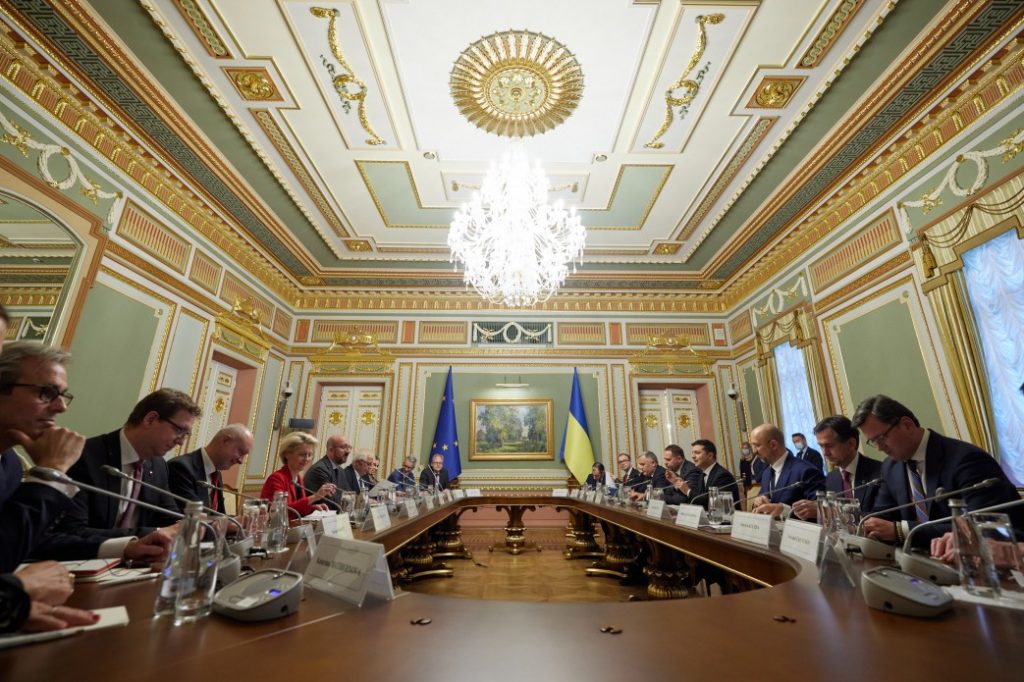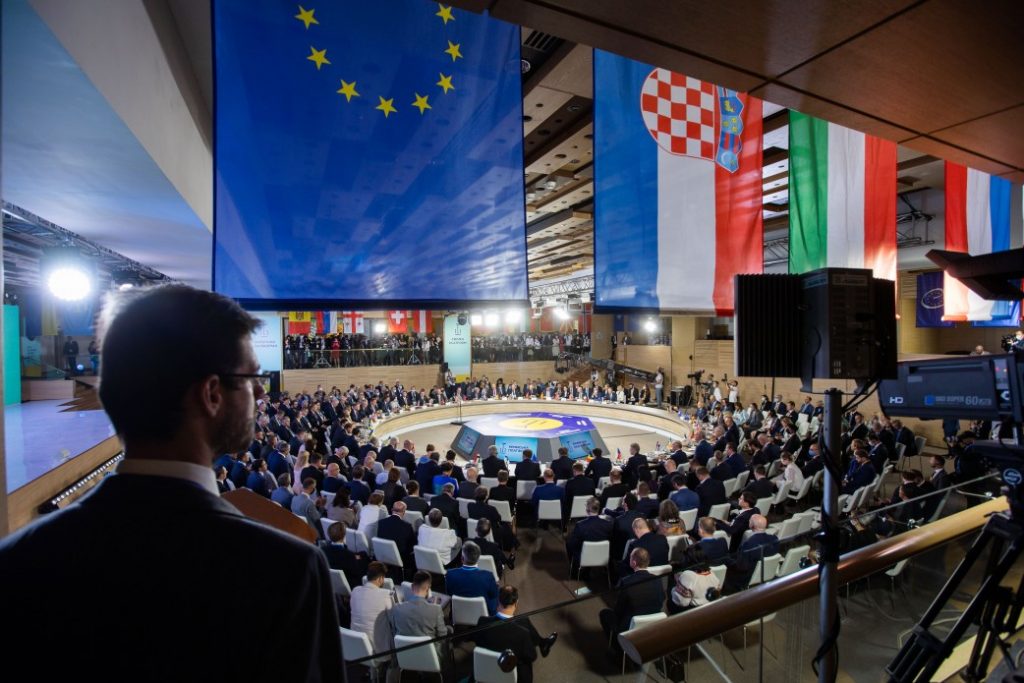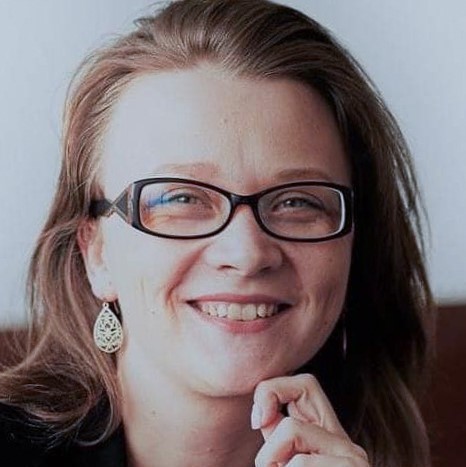With only a few days left before the world enters 2022, the Kyiv Independent is looking back at Ukraine's biggest achievements of the past year. Military affairs, some reforms, technology, and sports gave Ukraine reasons to celebrate.
The list is based on a survey by the sociological group Rating, published on Dec. 22, as well as expert opinions.
Boxing, Olympic Games and football victories
Ukrainians polled by the Rating group said they consider the achievements of the country’s athletes to be the highlights of 2021.
On Sept. 25, Ukrainian boxer Oleksandr Usyk dethroned British Anthony Joshua in the heavyweight championship fight in London. With four belts collected – WBA, WBO, IBF and IBO – Usyk became both cruiserweight and heavyweight champion, joining boxing legends David Haye and Evander Holyfield in this achievement.
A third of people surveyed named Usyk’s victory as Ukraine’s main achievement in 2021.

Two other achievements in sports were the first-ever quarterfinal game of Ukraine’s national football team in the UEFA Euro 2020 championship and the Paralympic team’s performance at Summer Paralympic Games in Tokyo. Ukraine’s Paralympic athletes finished fifth in the total medal rank with 98 medals, including 24 gold ones.
Diia app expansion
Nearly 20% of respondents told Rating that the expansion of services through the government platform Diia was one of the country’s main accomplishments this year.
Diia is a platform with both a website and a phone application developed by the Ministry of Digital Transformation to turn Ukraine into a “paperless state” that provides government services online.
Since late August, Ukrainians can use digital passports in the Diia mobile app to confirm their identity, making Ukraine the first country in the world to make its digital and physical passports interchangeable.
In 2021 Diia added several other services, including registration for the Covid-19 vaccination waiting list, generating vaccination certificates, filing annual declarations, paying fines for traffic violations, making tax payments and others.

Government's Big Construction
Every third participant of Rating’s survey named the Big Construction program – a large-scale government-led plan to fix the country's infrastructure – as Ukraine’s top achievement this year.
According to Olena Shuliak, head of the presidential Servant of the People party, as of December this year, almost 13,000 kilometers of roads and 560 bridges have been built or repaired.
Launched in 2020, the program has been a key self-promotional project for President Volodymyr Zelensky. Infrastructure projects constructed or repaired within it bear banners with the president’s name, even though he isn’t allowed to directly oversee the governmental project.
At the same time, the Big Construction program has been mired in scandals, as journalists have discovered that the same companies tend to repeatedly win construction tenders, and the state often ends up overpaying for projects, especially in road construction.
New military leadership
In November, two top military officials, Minister for Strategic Industries Oleh Uruskiy and Defense Minister Andriy Taran, resigned.
Both officials were widely criticized for failing to carry out effective military procurement under a new simplified system. Uruskiy was unable to reform the state-owned defense giant Ukroboronprom, while Taran had open conflicts with the command of the Armed Forces.
Moreover, Taran’s deputy was under investigation of corruption related to meal procurement deals, which allegedly caused losses of $27 million to the military budget.
Taran was replaced by Oleksiy Reznikov, former minister of reintegration of temporarily occupied territories. The appointment of a civilian minister who had no ties to the old post-Soviet military establishment was largely seen as a positive development.
Another important change was the appointment of Major General Valeriy Zaluzhniy – a very popular figure in the military - as the top military commander. Zaluzhniy replaced Colonel General Ruslan Khomchak in July.
The duo of Reznikov-Zluzhniy has already proved to be more effective than their predecessors. For instance, the supply of infrared visors to combat formations, a key component of everyday warfare in the Donbas, has been finally approved, according to the civilian charity Come Back Alive, thanks to the improved coordination between the military and the Defense Ministry.
‘De-oligarchization’ law
For years, oligarchs in Ukraine have had an enormous influence on the country’s political, economic and business landscape. But 2021 gave a glimpse of hope that the balance of power may change.
On Nov. 5, President Volodymyr Zelensky signed into law a bill on “de-oligarchization,” aimed at curtailing the influence of a small circle of the country's wealthiest businessmen. It will come into force in May.
According to the law, tycoons recognized as oligarchs by the National Security and Defense Council will be included in a special register. They will be banned from financially supporting political parties and buying major state-owned enterprises or real estate put up for privatization.
It took parliament five months to approve the bill initiated by Zelensky, even though it is dominated by his own Servant of the People party with 242 seats. The bill also famously deepend the rift between Zelensky and former parliament speaker Dmytro Razumkov, who was once appointed by his party. Razumkov was dismissed after openly criticizing the bill.
According to the Rating survey, every seventh respondent named the shift in the “de-oligarchization” process as Ukraine’s major achievement of 2021.

Open skies agreement with EU
After 15 years of negotiations, Ukraine and the European Union finally agreed to unite their airspace during a summit in Kyiv on Oct. 12.
Under the Open Skies Treaty, European airlines will be allowed to operate unlimited international and domestic flights in Ukraine, while Ukrainian carriers will be allowed to fly without restriction to Europe. It is expected that European airlines will add more routes to Ukraine, potentially boosting tourism.
“Thanks to the agreement, we can double our capacity and operate flights from Ukraine on 117 routes to 22 countries with our 11 aircraft,” said Robert Carey, president of Hungarian low-cost carrier Wizz Air.
Launching land market
On July 1, Ukraine opened the sale of farmland, finally leaving the list of the last six countries in the world where it is still prohibited.
Ukraine has 42 million hectares of farmland, and nearly half of it is operated unofficially. As a result, the state budget loses over $800 million in tax revenue every year, according to the Ukrainian Agrarian Council.
Nearly 185,000 hectares have already been sold at an average price of $1,240 per hectare, the Ministry of Agrarian Policy reported on Dec. 24.
“The 20-year moratorium on the sale of farmland has contributed to the decline of the economy of rural regions,” said Oleg Nivievskyi, an assistant professor at Kyiv School of Economics. “It slowed down the development of lending secured with agricultural land and the entire financial sector.”

Crimea Platform against Russia’s occupation
On Aug. 24, Ukraine’s 30th Independence Day, a historic summit took place in Kyiv gathering top officials and representatives of 46 foreign nations and international organizations.
They all came to attend the Crimea Platform, a diplomatic initiative aimed to bring global attention to the illegal annexation of the Crimean peninsula,which has been occupied by Russia since 2014.
Participants, including President of the European Council Charles Michele, Austria’s Foreign Minister Alexander Schallenberg, President of Poland Andrzej Duda, and President of Latvia Egils Levits, reiterated that they do not recognize Russia’s occupation of the peninsula. They also committed to maintaining pressure on Moscow and imposing new sanctions if needed to end the occupation.
Although some perceived the event as a formality with little potential effect in the future, the event helped bring international attention back to the peninsula, which fades away every year.
According to Ukraine's Foreign Minister Dmytro Kuleba, the Crimea Platform was “an undeniable victory.”
Progress at state-owned banks
With four state-owned banks in Ukraine accounting for almost half of the banking sector, the start of the privatization of one of them was seen as an important step for the country.
On Jan. 25, Ukrgasbank and the U.S.-based International Finance Corporation signed a five-year 30 million euro loan agreement with an option for it to be converted into 20% of the bank shares.
“This is a good start,” Eugene Dubogryz, an expert at nonprofit CASE Ukraine, told the Kyiv Independent. “Privatization of state banks is no longer a taboo in the eyes of the authorities and citizens.”
Another positive change in the state banking sector was the resignation of Yevhen Metzger as head of the state-owned export-import Ukreximbank.
On Oct. 6, Metzger resigned for the time of the investigation that is looking into an attack on journalists in his office. Journalists of the Radio Free Europe/Radio Liberty investigative program Schemes were allegedly attacked by Metzger’s employees after asking about a suspicious loan. Metzger ordered his employees to seize the reporters’ cameras and tapes.
Experts believe that the official’s resignation sets a weighty precedent.
“For the first time in the history of Ukraine, the head of a large bank was dismissed due to a public conflict with the media,” Dubogryz said.













